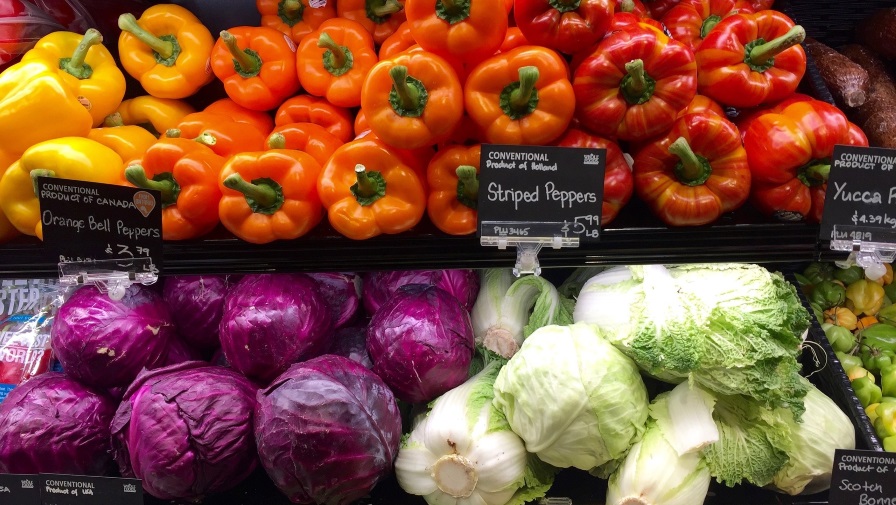Play To Your Strengths In The Tree Fruit Industry [Opinion]
 Though not a huge basketball fan, I really enjoy the NCAA’s March Madness and the NBA playoffs. The strategies the coaches employ, particularly those of the underdogs, fascinate me. And I can see how these tactics would be of benefit to fruit growers, though the particular tactic depends on the size of the grower.
Though not a huge basketball fan, I really enjoy the NCAA’s March Madness and the NBA playoffs. The strategies the coaches employ, particularly those of the underdogs, fascinate me. And I can see how these tactics would be of benefit to fruit growers, though the particular tactic depends on the size of the grower.
First off, the underdogs almost always have smaller players. Faced with being outmanned, some coaches will bring in some really tall guy off the bench to start the game, all in the name of “matching up.”
But there’s often a reason this big guy hasn’t been starting all year. He may be too immature, too uncoordinated, or is simply relatively new to basketball. Whatever the reason, as the game gets going, it’s usually easy to see why he has spent most of the season ridin’ the pine.
By the time it becomes clear the big fella isn’t much help, and that trying to match up isn’t working, the underdog is often well behind in the game. Now they’ve really got a problem, because when underdogs win, they almost always start with a lead.
The smart coaches don’t try to match up. They go with the starting five that got them in the tournament in the first place. If anything, instead of matching up, the cagey coach will go with an even smaller lineup.
He knows he can’t match up in size, so he goes to his strength. Smaller guys are often faster, more nimble, and better shooters.
This lesson applies to the bigger teams as well. If you’ve the bigger team, you want your guys to go to the hoop with power. You don’t want them to stop and pop from long distance, because that’s not their strength. They’re much better off being aggressive.
I’ve interviewed fruit growers who would be considered top-notch coaches of both types. The first is a smaller, 50-acre California stone fruit grower who watched as several of his similar-sized neighboring stone fruit growers sold out to bigger growers over the past decade.
Selling wholesale just wasn’t going to pencil out for him, so he started growing super-sweet, juicy, ready-to-eat fruit that he sold roadside and at farmers’ markets. As you might guess, he made other changes as well, such as growing some organic fruit, adding agritourism, etc. He didn’t try and compete with his increasingly large neighbors. He stayed small and went to his strength, only increasing the size of his bank account.
The second is a large, 1,000-plus acre Washington grower known for top quality apples and cherries. Seeing the explosive growth in the berry category over the past several years, they decided to plant blueberries. But for a variety of reasons, not so much poor quality as the crop just didn’t fit in with their crop mix, they decided to cease growing blueberries. They, too, went with their strength.
Think about what you do best, and what your customers like best about you. Then do it.









